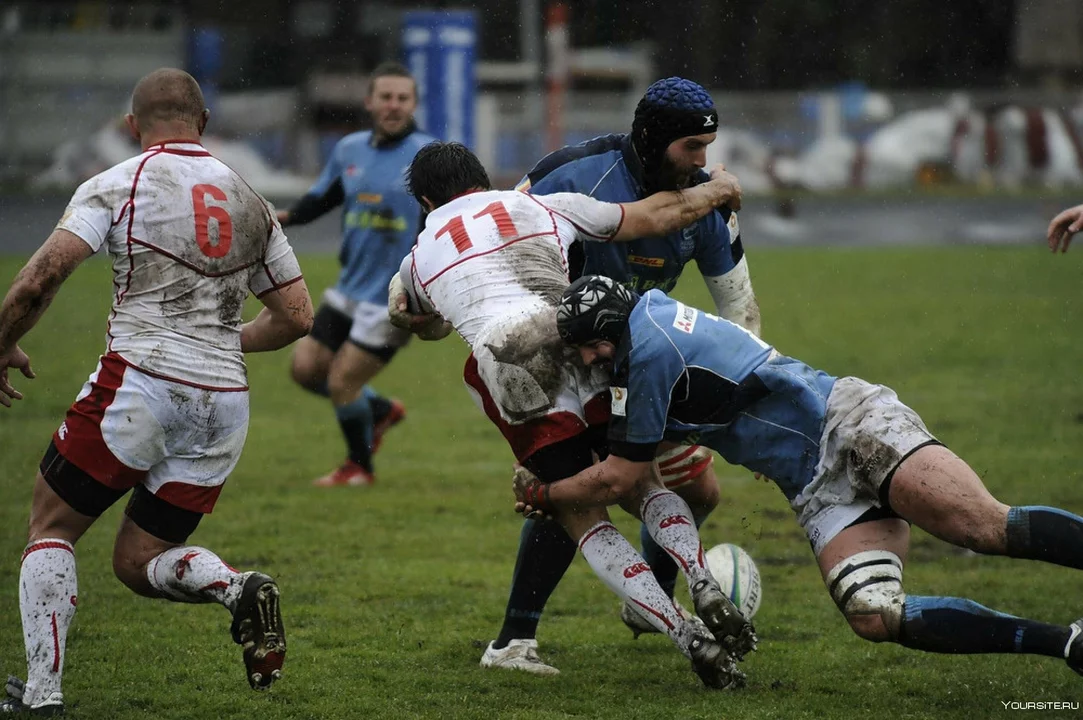As a rugby league fan, I've noticed that the sport often receives a lot of hate. I think one reason people may dislike rugby league is due to the perception that it can be overly violent and dangerous. Additionally, some individuals may feel that rugby league lacks the skill and finesse found in other sports. There's also the issue of negative stereotypes surrounding rugby league fans, which can contribute to the overall disdain for the sport. However, despite these challenges, I believe rugby league is an exciting and dynamic sport that deserves more appreciation.
Criticism: Why Honest Opinions Matter in Rugby
When you watch a match, you instantly spot things that work and things that don’t. That gut feeling is criticism, and it’s a vital part of any sport. At Linlithgow Rugby Club we rely on fans, players and coaches to speak up, because good criticism pushes us forward.
Criticism isn’t about tearing down; it’s about pointing out gaps so we can close them. Whether it’s a missed tackle, a confusing set‑piece plan, or a community event that fell flat, a clear comment helps us spot the problem faster than any report.
How to Give Constructive Feedback
First, keep it specific. Instead of saying “the game was boring,” note the exact moment – “the scrum in the 23rd minute stalled because the front rows didn’t bind tightly.” That gives coaches a clear target.
Second, stay respectful. A polite tone makes people listen. Start with what worked, then add what could improve. For example, “I loved the energised start, but the defensive line looked loose after the second try.”
Seeing Criticism in Action
Look at our recent blog posts. One entry discusses why rugby league struggles for popularity in the UK, critiquing media coverage and funding. Another tackles the USA team’s performance, highlighting missing resources and coaching gaps. Both pieces show how criticism can spark conversation and drive change.
Even posts about non‑rugby topics, like the Duolingo apology or a tribute to Andy Whitfield, illustrate the broader impact of honest feedback. They remind us that criticism isn’t limited to the pitch; it shapes how we communicate, teach and celebrate.
For players, taking criticism on the field is part of growth. A coach might point out a weak pass; the player then works on technique during training. Over time, those small tweaks add up, turning a shaky performance into a solid one.
Fans also benefit. When supporters voice concerns about ticket prices or matchday facilities, the club can adjust to improve the experience. That two‑way dialogue keeps the community engaged and shows the club values its audience.
Criticism can feel uncomfortable, but avoiding it stalls progress. At Linlithgow, we encourage open forums after games, quick surveys, and social media chats. The goal is simple: collect enough insight to make smarter decisions.
Remember, criticism works best when it’s balanced. Celebrate successes alongside pointing out flaws. That blend builds morale and creates a culture where everyone feels heard.
So next time you watch a game or read a club update, think about what you’d say to make it better. Share that thought in the comment box or during a post‑match meet‑up. Your voice is part of the collective improvement that keeps Linlithgow Rugby Club moving forward.
